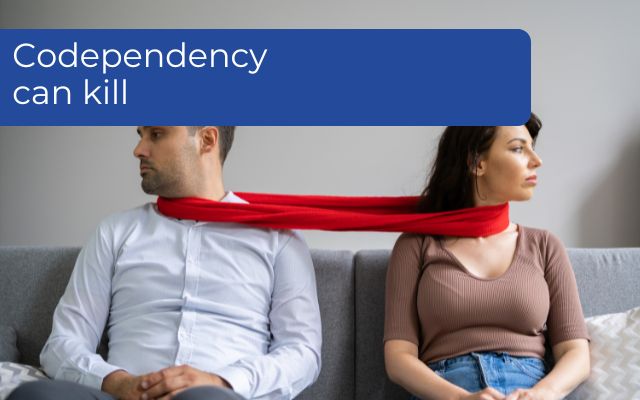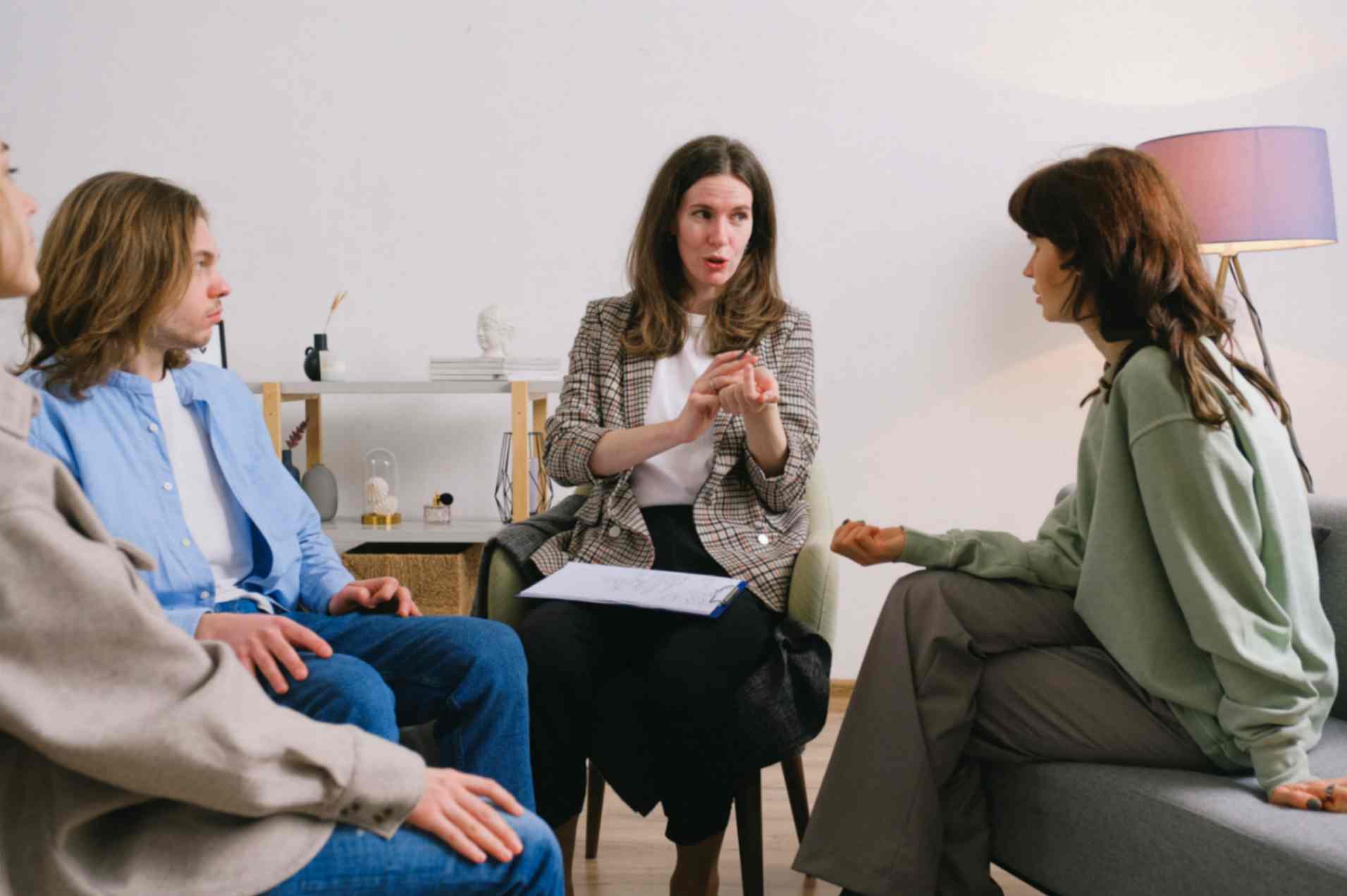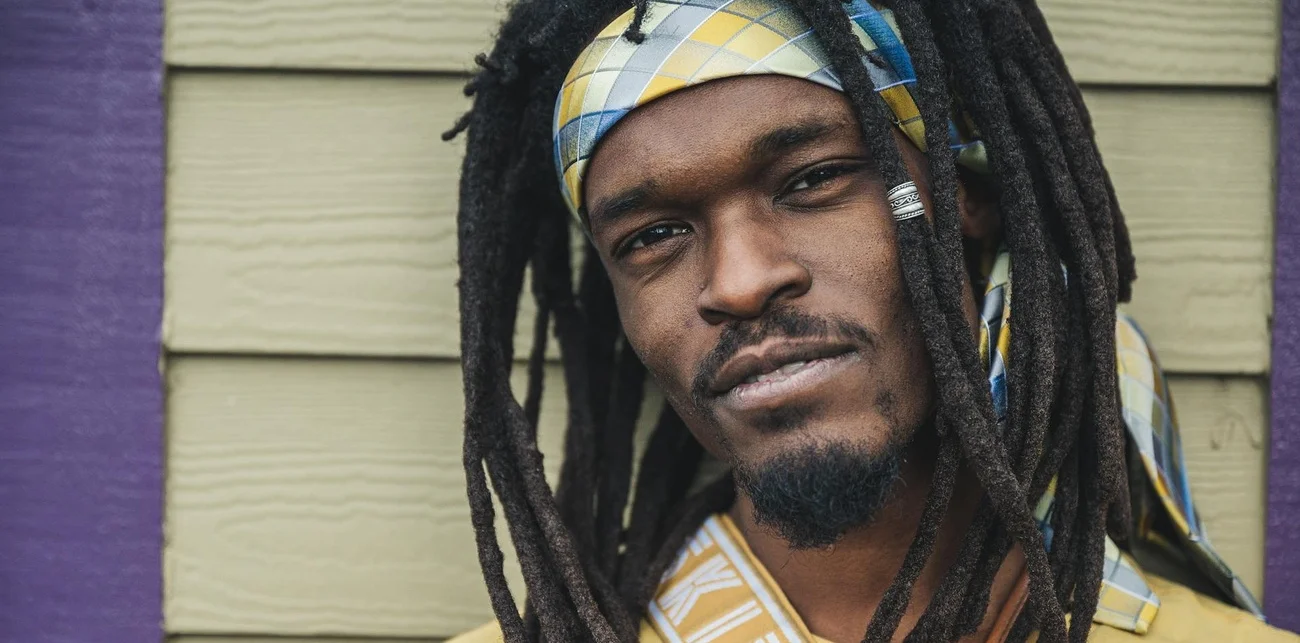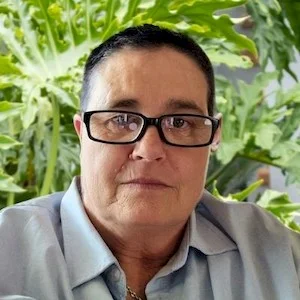Codependency on a loved one addicted to alcohol or other drugs can be a deadly affair.
By definition, codependency is an unhealthily close relationship where one person plays one of these six enabling roles that allow another’s addictive behaviour to continue. The enabler is convinced that they are doing the right and caring thing by constantly helping and saving their loved one from the negative consequences of their addiction.
The addict or alcoholic does not need to take responsibility for themselves or their actions while the codependent person is rescuing them.

Killing With Kindness
Have you ever heard the saying she will ‘kill you with kindness’? Well, instead of kindness being used to disarm an aggressive opponent, when it comes to codependency and addiction, this saying takes on a whole new – and literal – meaning.
The saying ‘kill you with kindness’ is said to have actually originated from a 1500s proverb based on the fact that in some fond apes accidentally kill their young by crushing them to death in a hug.
This makes the expression especially relevant to codependent families of addicts or alcoholics in active addiction. A codependent person will try to save the addicted person from the consequences of their addiction. And while the codependent person is convinced that they are doing the right and loving thing, they are only allowing the problem to continue and progress. This enabling behaviour will cause the addict to encounter even more severe consequences in the future, including death.
Addiction Is a Deadly Disease
Addiction is a brain disease that can be fatal.  There is the literal loss of life via accidents, suicide or overdose, but – more often than not – there is a spiritual, social and emotional death that comes with prolonged addiction. This relates to the loss of a sense of self, of hope, of ambition, of relationships, of meaning and of purpose. This kind of death of the soul can render a person, who is still breathing, dead in every other sense.
There is the literal loss of life via accidents, suicide or overdose, but – more often than not – there is a spiritual, social and emotional death that comes with prolonged addiction. This relates to the loss of a sense of self, of hope, of ambition, of relationships, of meaning and of purpose. This kind of death of the soul can render a person, who is still breathing, dead in every other sense.
The worst-case scenario for many is death in the literal sense, and untreated addiction causes untold avoidable fatalities.
According to the World Health Organization, every year three million deaths across the globe are attributable to alcohol which represents 5.3% of all deaths. Additionally, younger people are disproportionately affected: 13.5% of all deaths in people aged 20 – 39 are caused by alcohol alone. For example, a codependent mother might save her adult son by getting him out of trouble or continuing to give him money. This allows him to maintain his addiction and for his addiction to progress. The addict in this situation has no good reason to face his addiction or ask for help because he is being saved from the full experience of the negative consequences of his behaviour.
Longer-Term Stabilisation
Additional time for therapy and routine often strengthens gains made in the first month.
Codependency And Families Facing Addiction
Life-saving boundaries: It is very difficult to set boundaries with loved ones, but it is even harder when the relationship is highly codependent. Boundaries in the case of addiction saves lives and livelihoods. Properly enforced boundaries can leverage people into addiction treatment or to get help sooner rather than later and can prevent or mitigate many of the consequences discussed above.
But if you are in a codependent relationship you will probably require outside professional help. Many people require a formal intervention to really help their loved one.
Creating boundaries, saying ‘no’ and coercing your loved one into addiction treatment might be met with a huge pushback. Stopping the provision of money or shelter and refusing to accept and make excuses for bad behaviour might feel alien – and even heartless. Your loved one might call you cruel and unloving, when, in reality, this might be the first truly loving thing you have done for your loved one (and yourself) in a long time.
It might feel incredibly uncomfortable and even scary to set boundaries and to change the long-standing dynamics in your relationship but, to save a life, you must do. The saying ‘be cruel to be kind’ is particularly apt in these situations.
Addiction has been described as a family disease and there needs to be a shift in the entire family system for the addict to have the best chance of having a sustained recovery. Don’t kill them with kindness: Apply tough love to be kind, and get professional help. Are you in need of a licenced addiction rehab centre for your loved one? Contact us for an obligation-free assessment today. Changes Addiction Rehab has the only certified interventionist in Africa, Gareth Carter. These pre-admission costs are separate from treatment costs and not yet covered by medical aids.
Codependency can kill by enabling addiction, putting your family at grave risk; learn to recognise enabling behaviours and protect your loved ones now.. Changes team counsellors are here to help you.Codependency Can Kill Protect Your Family From Enabling








